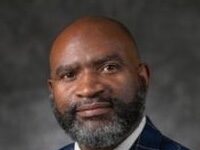 Duke University in Durham, North Carolina, has established the SNCC Digital Gateway to make the story of the Student Non-Violent Coordinating Committee available for students and researchers. The new online portal was created using SNCC archives that are housed at the John Hope Franklin Research Center in the university’s Rubenstein Library.
Duke University in Durham, North Carolina, has established the SNCC Digital Gateway to make the story of the Student Non-Violent Coordinating Committee available for students and researchers. The new online portal was created using SNCC archives that are housed at the John Hope Franklin Research Center in the university’s Rubenstein Library.
In the early 1960s, the multi-racial Student Non-Violent Coordinating Committee, popularly known as SNCC, was active throughout the South and in part of the Northeast, putting their lives at risk to register voters, teach children, reform political institutions and create local grassroots organizations that were central to the civil rights movement.
“SNCC veterans are aware the light never shined on their work as it did on the Rev. Martin Luther King Jr. and other senior statesmen of the civil rights movement,” said John Gartrell, director of the John Hope Franklin Research Center in Duke’s Rubenstein Library. “They were young activists who left their studies to work with local people out of the spotlight: sharecroppers, maids. But it was that work at the local level that was so important to the movement.”












